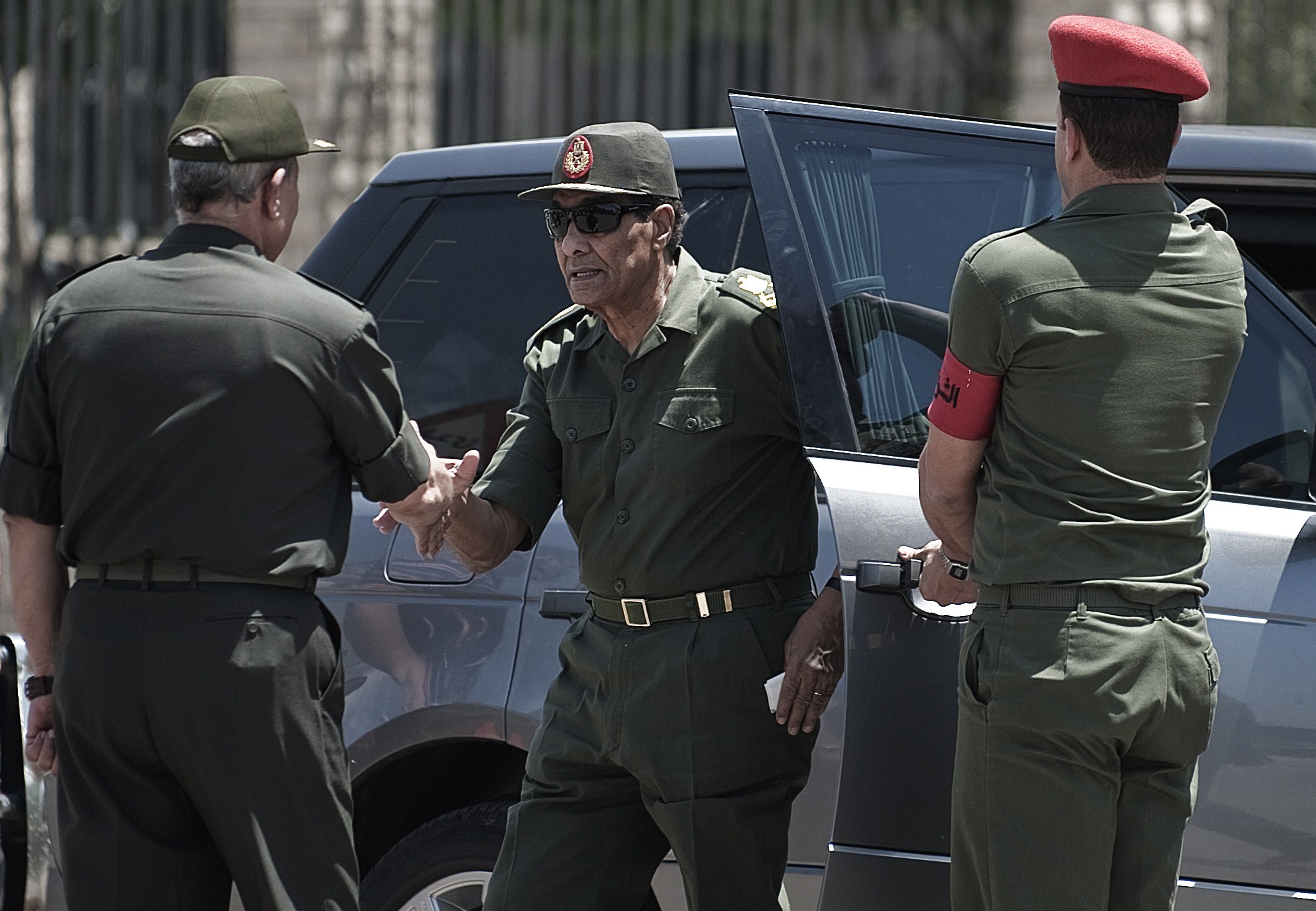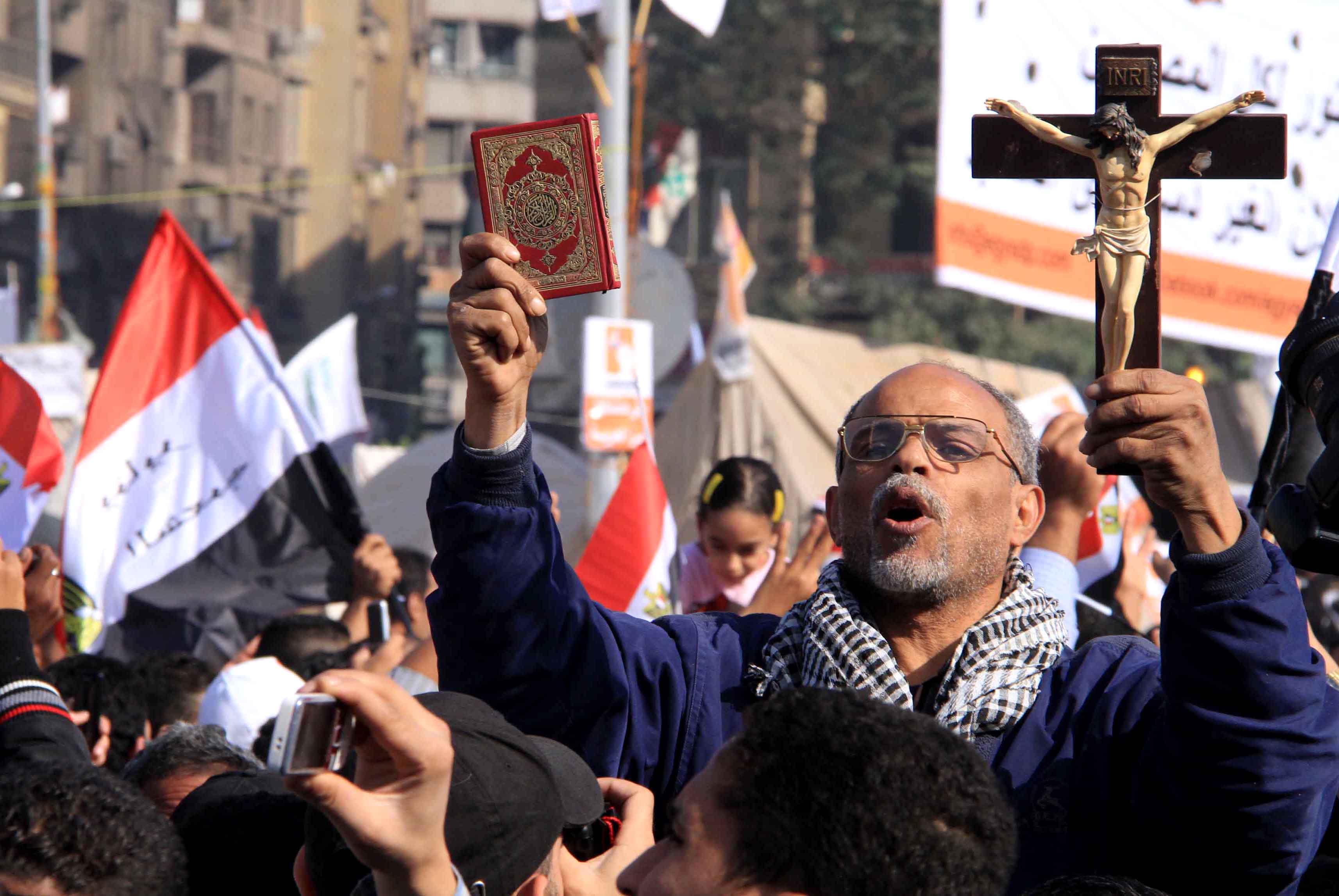
(AFP File, Said Khatib)
Hamas Prime Minister of Gaza Ismail Haniyeh called for the opening of the Rafah border crossing permanently for the movement of both individuals and goods, on Wednesday.
Haniyeh said: “The call to open the Rafah border crossing comes out of love for Egypt and recognition of its historic role in supporting the Palestinian cause,” state-run MENA reported.
On 29, 30 and 31 March Egyptian authorities opened the border crossing before humanitarian cases. During those three days, the crossing was opened in both directions, enabling more than 2,200 people to leave the strip and 400 to enter, according to figures from the latest report by the United Nations Office for Coordination of Humanitarian Affairs.
This was the first time the crossing was opened for humanitarian cases in 51 days; since 6 February, travel through the crossing was restricted to pilgrims going to Mecca only.
There remain thousands of people inside the strip who need to cross into or travel through Egypt, including students who study abroad, people who work and live outside Gaza and those with serious health conditions. The border crossing is considered the strip’s primary entry and exit point.
While touring the sites of Qatari grant projects in the strip, Haniyeh thanked Egypt for facilitating the entry of construction material into the strip. On 10 March, Egypt permitted nine truckloads of building materials to enter the strip as part of a Qatari aid package to help with the reconstruction of the Palestinian territory.
Egypt’s relations with both Gaza’s ruling party, Hamas, and with Qatar have become increasingly strained.
Since the ouster of former president Mohamed Morsi in July, Egyptian authorities subjected the Rafah border crossing to repeated shutdowns, which lasted for longer and longer stretches as time went by. This signaled the beginning of the deterioration of Cairo-Hamas ties.
The months following Morsi’s ouster also witnessed an intensified crackdown on illegal underground tunneling, which added more restrictions to movement and hampered the entry of goods to the strip, including food, medicine, fuel and building materials. The tunnels are a vital lifeline for citizens of the Gaza Strip.
The ouster of Morsi was also followed by media reports linking Hamas to internal strife in Egypt and to insurgency in Sinai, which put a further strain on Egypt-Hamas ties. Hamas has denied any involvement in Egyptian internal affairs.
Official charges were brought against Morsi and other Brotherhood figures on 18 December, accusing them of taking part in a “plot” organised by a number of foreign parties — including Hamas — to incite “violence inside Egypt to create a state of ultimate chaos”.
An Egyptian court recently ruled to temporarily ban the activities of Hamas inside Egypt and ordered the seizure of their offices. Hamas strongly condemned the ruling, describing it as “unjustified” and “based on fabrications and false news”. It considers the decision a political one.




